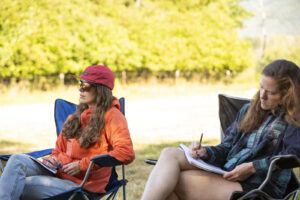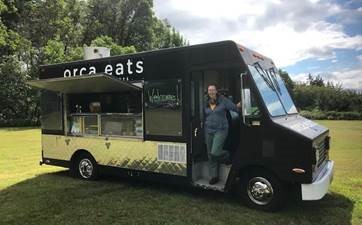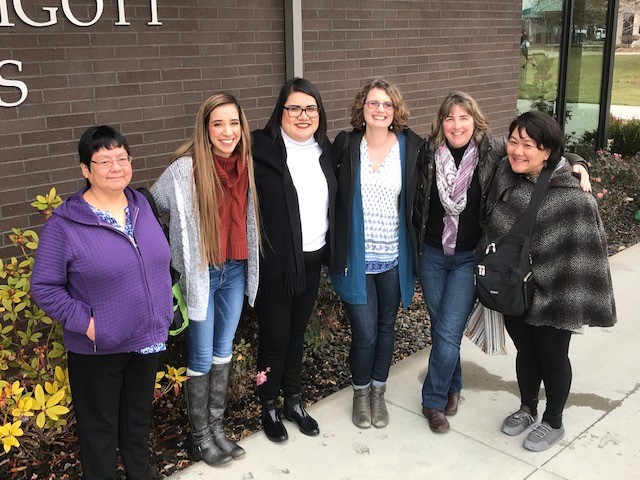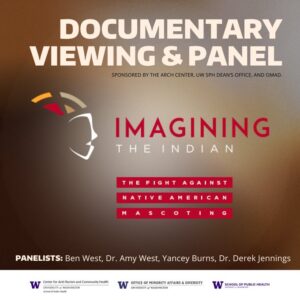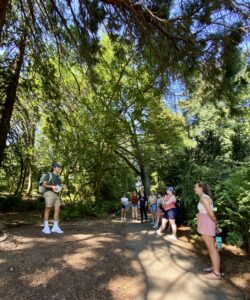Now Hiring: Grants and Program Specialist (Temporary)
Are you passionate about environmental issues? Are you looking for a career that utilizes your grants/financial/budgets experience in service of a world where people and our planet thrive? Are you committed to centering equity and justice in your work? Apply today to be EarthLab’s next Grants and Program Specialist!
Who we are:
EarthLab is an institute that is reimagining how academia can respond to the climate crisis. Our visionary approach connects the University of Washington’s world-class research capabilities with communities from around the globe to create novel, equitable and scalable climate change solutions.
At the core of this work is our ability to provide critical technical, operational and communications support for our eight Member Organizations, UW programs and centers dedicated to addressing climate and environmental challenges. Our efficient centralized service model eases administrative loads and allows each organization to focus on what it does best: produce and share top-tier science that leads to more climate-resilient communities in the Northwest and beyond.
We’ve got big ideas for the future, which you can learn more about in our strategic plan. This will give you a solid understanding of our vision, mission and goals for the next several years. We think it’s worth perusing to help you better understand what we do.
Still with us? Great! Now here’s what we’re looking for:
We’re hiring for a full-time Grants and Program Specialist to join our Finance and Administration team. Please note: this position is a temporary, one-year position, from April 2024-March 2025. As an innovative institute working across disciplines, we’ve built complex funding with over 50 sponsored awards (grants) plus state funding, private foundation funding and individual support to keep us running smoothly and securely. This means you’ll have the chance to make a tangible impact at EarthLab by managing different types of funding sources (both grant and non-grant) that support the projects of our member organizations, while also contributing to the budgetary compliance for our administrative and central operations under federal, state and other funding agency regulations.
Now a little bit about you:
In order to thrive in this unique role, we’re hoping that you enjoy thinking through complex management systems– from the minute details of making sure our contracts are correct, to the overarching big-picture vision to help us develop sustainable policies and procedures for our organization as a whole. Reporting to our Assistant Director for Finance and Administration, you will also perform data analyses to project future budgets, analyze unit budget and financial information, and develop project management tools for EarthLab.
The culture you’ll be joining:
We acknowledge the systemic racism that exists in the environmental sector and within environmentalism at large. At EarthLab, we believe every member on our team enriches our diversity by exposing us to a broad range of ways to understand and engage with the world, identify challenges, and to discover, design and deliver solutions. If you are committed to helping us create an equitable, diverse and inclusive work environment where all voices are considered and valued, we want to hear from you.

